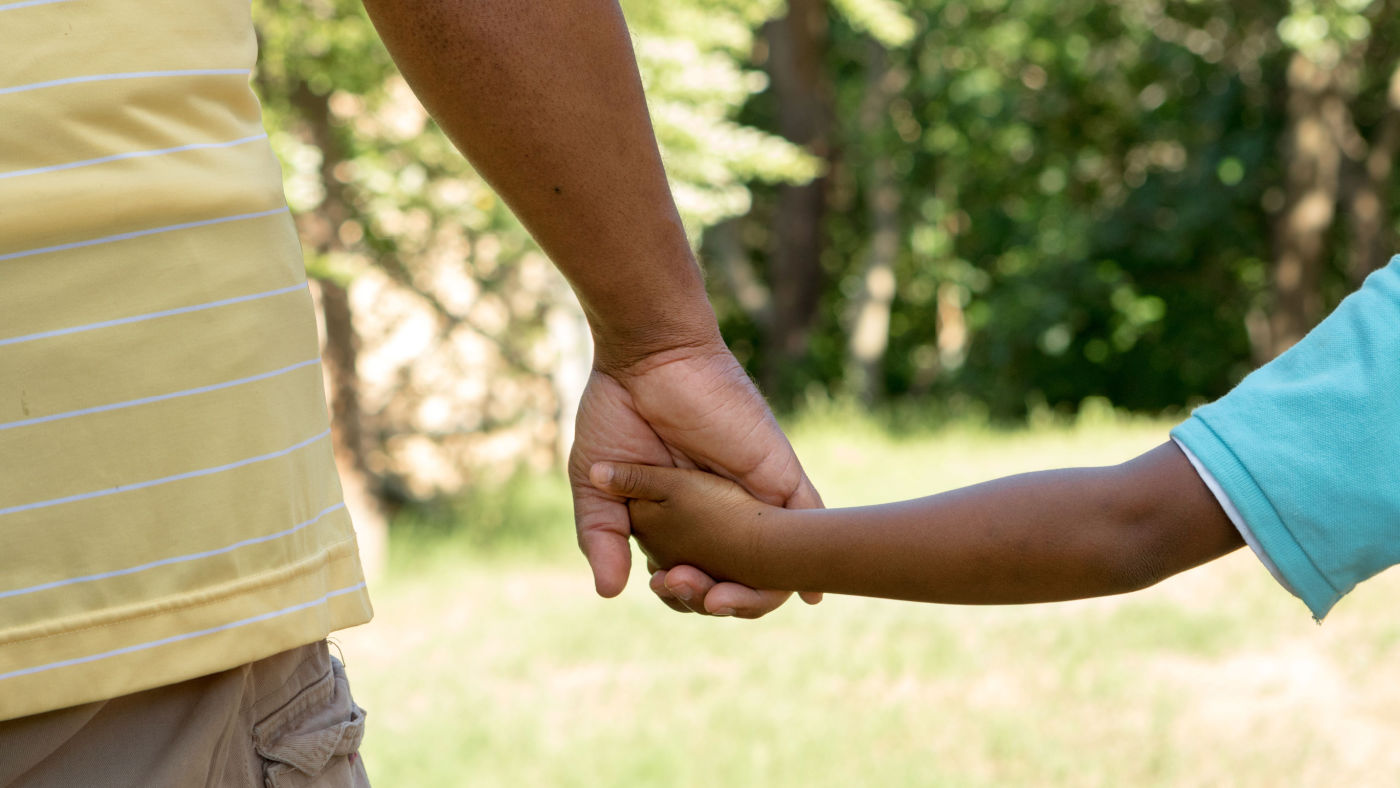I wanna hold your hand – the power of touch for you and your toddler

When your toddler was a baby you might have tried some simple massage, maybe you even went to a baby massage group to hone your skills. You might not think about touch in quite the same way now, but it can be an important part of supporting emotional well-being, building your relationship and even helping your toddler pay attention.
While there isn’t a lot of research about the relationship between touch and learning, the psychologist Lone Svinth identified studies that found an association between massage and visual attention. Researchers found that a short massage just before a task that involved focusing on a particular image was linked with greater attentiveness and quicker learning.[1]
Touch might help your toddler to focus but it is also an important part of relationships and well-being.
In one experiment, scientists threatened married women with an electric shock when they were holding their husband’s hand, a male experimenter’s hand or no one's hand. They found that holding their partner’s hand (particularly if their relationship was strong) reduced their threat response, more than either holding a stranger’s hand or no hand.[2]
What this shows is that touch from someone you’re close to can be calming.
Another study looked at the effects of massage on hormones and found that massage increased levels of oxytocin (sometimes called the cuddle or love hormone).[3] Oxytocin supports us to build relationships, which might explain why touch can make us feel closer to people.
All this means, the little touches you and your toddler share during daily life will be helping to build your bond.
References:
[1] Svinth, L. (2018). ‘Being touched – the transformative potential of nurturing touch practices in relation to toddlers’ learning and emotional well-being'. Early Child Development and Care, 188, 924-936.
[2] Coan, J.A., Schefer, H.S., & Davidson, R.J. (2006). ‘Lending a hand: Social regulation of the neural response to threat’. Policy Insights from the Behavioral and Brain Sciences, 17(12).
[3] Morhenn, V., Beavin, L.E., & Zak, P.J. (2012). ‘Massage increases oxytocin and reduces adrenocorticotropin hormone in humans’. Alternative Therapy Health Medicine, 18(6).